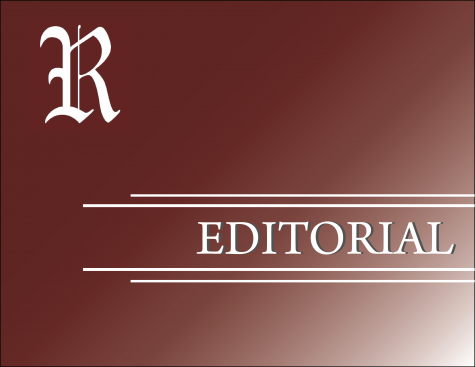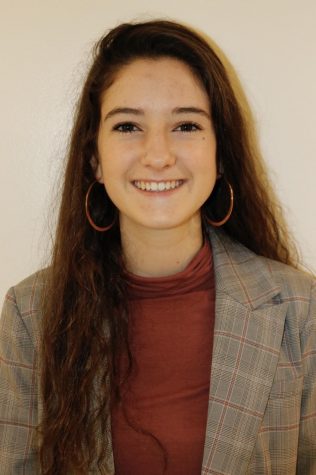Far Right Party May Lead Germany in Wrong Direction
Although Angela Merkel was elected Chancellor for her fourth term, her victory was only by a close margin (Courtesy of Flickr).
October 4, 2017
By Timothy Kyle

On Sept. 23, Angela Merkel won a historic fourth term as Chancellor of Germany, her Christian Democrat Union again taking control of the German parliament, the Bundestag. Her majority, however, is precarious because the far-right party Alternative fur Deutscheland (AfD) gained a stunning 88 seats in Parliament, the first far-right party to win any seats since before World War II. To understand how AfD emerged from the shadows, one must first understand the mechanics of both far-left and far-right populism. Both ideologies gain followers and votes due to their claims that the ruling class has no regard for a particular issue; in Germany, that issue is the migrant crisis.
Merkel has become the poster child for Europe’s elite, allowing unchecked mass migration and, as the leader of the most economically powerful and influential nation in the EU, is an easy target for those opposed to the current movement of migrants into Germany.
The flood of migrants into Europe has, without question, caused a number of serious problems. The first issue is the cultural gap. The vast majority of these migrants come from cultures where sexism is rampant and codified in law, being gay is punishable by execution and the penalty for leaving Islam (apostasy) is death. Such fundamental beliefs are in stark contrast to the liberal democratic ideals espoused by most European countries.
The second problem is security. Most migrants are, by and large, not vetted. An 18-page Department of Homeland Security report from 2015 asserted that thousands of counterfeit passports are used to gain entry into Europe—the Paris Bataclan attackers used such passports before committing a terrorist attack that left more than 100 dead.Germany has already weathered its fair share of immigration incidents. On New Years 2016, 1,500 young men described by German police as having a “a North African or Arabic appearance” committed over 653 instances of robbery, sexual assault and rape in the cathedral square of Cologne, according to The New York Times.
Criminal acts by a large crowd are unnerving and rightfully create anxiety among citizens; that the crimes were committed by a group whose culture endows such behavior is even more problematic. But instead of fully addressing that episode, the Merkel administration and police attempted to cover up the ethnicity of the perpetrators following the attack. Such incidents were catalysts for the far-right’s increase in seats; it claims to have the solution. But while its stance on immigration may make sense to many, AfD has a history of despicable pro-Nazi remarks, historical revisionism and promotion of violence. There are far more valid solutions than turning to populist demagogues. We have to stop the ever-expanding march of the far-right, both abroad and here in the U.S., by addressing the hard question and finding some hard answers.
We, as believers in consensus, in democracy and in equality and fair treatment for all people, must turn and face the issues that are hard to discuss—race, culture and religion—instead of denouncing anyone who raises such issues and points out legitimate problems as a racist or bigot. We must allow open discussion into mainstream political thought on both sides of the aisle to find a common-sense solution away from the rhetoric espoused by far-right parties such as AfD. We must own our past mistakes and promise to work for a better future. Until we do that, the far-right will continue to grow. We must turn to our once-sacred values of discourse and free speech and engage in debate instead of censoring the truth and obfuscating the facts.
This echo of history is just beginning to sound in Germany. It needs to end before it is finished.
Timothy Kyle, FCRH ’21, is a political science major from West Hartford, Connecticut.










The far left Ram together with the rest of the far left media will not succeed in trying to situate the AfD outside of the German mainstream by using terms like “far” right and “extreme” right. This little leftist game of trying to invert marginal and the mainstream beliefs, attitudes and behaviors is over. The German AfD, the French National Front and the Trump wing of the American Republican Party are the mainstream now and it is time for the leftist dinosaurs to get out of the way.